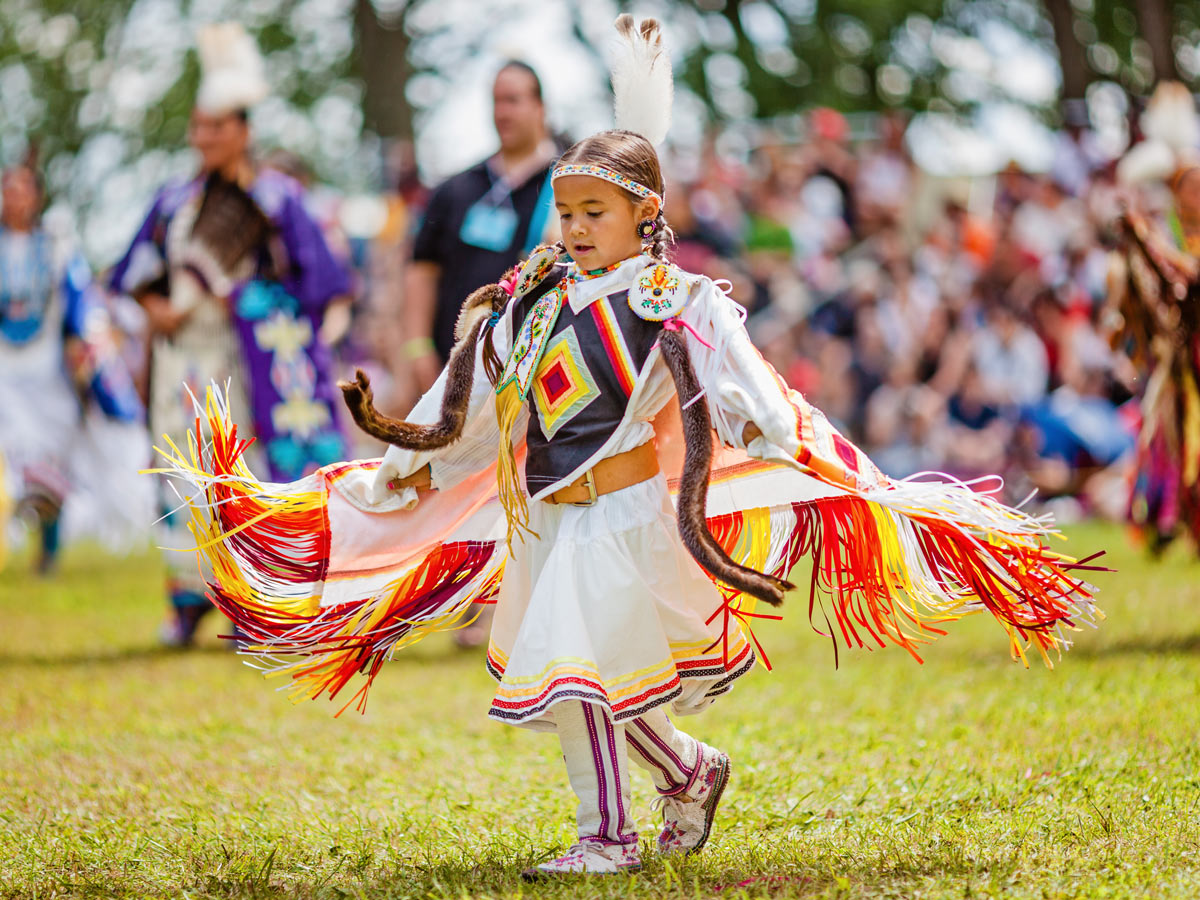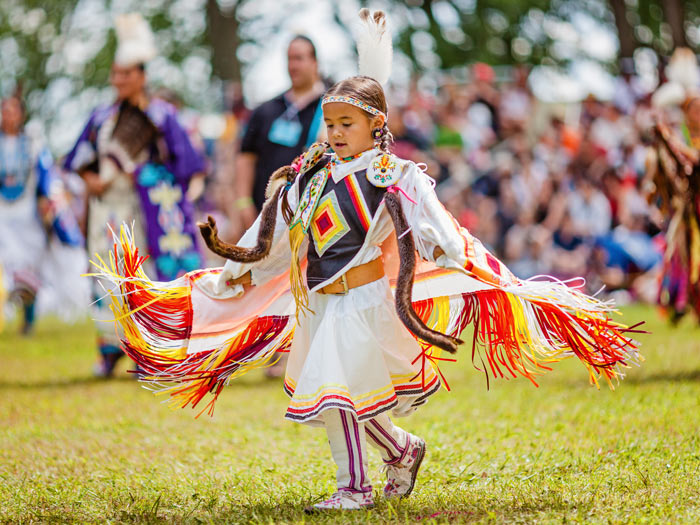
5 things you can do to better understand our Indigenous history
 June is National Indigenous History Month in Canada. Learn more about the history of this nation and its Indigenous people today (Shutterstock/ Alina Reynbakh)
June is National Indigenous History Month in Canada. Learn more about the history of this nation and its Indigenous people today (Shutterstock/ Alina Reynbakh)
The history of Indigenous peoples and Canada can be overwhelming at times. It is the true story of land appropriation, cultural genocide and generational trauma.
As more organizations embrace diversity, equity and inclusion practices, including supporting the government’s truth and reconciliation efforts, understanding the complex relationship between Indigenous peoples and our settler-colonial nation is a priority that is essential to navigate.
Here’s what you can do right now to learn more about Indigenous history in Canada:
1. Understand your power
When learning about Indigenous history as a non-Indigenous person, it is important to recognize unconscious bias by acknowledging your own socio-cultural background and how Canadian society benefits you. By opening this article you are already on the right track, but there are resources available to help with understanding privilege, like those offered on the Toronto Metropolitan University’s website.
Since Canada’s institutional power was created through colonialism, people of settler descent have a considerable advantage over Indigenous people.
2. Bring more meaning to your land acknowledgement
While land acknowledgements are a respectful best practice, remember to stay mindful of what they really mean. We refer to traditional Indigenous territory because the land was home to Indigenous groups, long before settler interference, but was appropriated through colonial policy. Land acknowledgements are a practice done to recognized past harms, and affirm our commitment to the land and Indigenous Peoples.
Take some time to investigate the peoples and the history of the land on which you live by using the free territory acknowledgement resource by Native Land Digital, a Canadian not-for-profit and Indigenous-led organization with an Indigenous executive director and a majority Indigenous board of directors.
More information concerning historic and modern treaties can be found on the Government of Canada’s webpage for Crown-Indigenous relations and northern affairs.
3. Get familiar with Canada’s Indian Act and its amendments
“The Indian Act” is the legislation used by the federal government to define Indigenous status, determine local First Nations governments, and manage Indigenous reserves and funding. Although it has been amended several times, the act remains a controversial document that upholds the appropriation of land and challenges Indigenous authenticity by requiring proof of ancestry.
The Canadian Encyclopedia offers a comprehensive timeline of the “Indian Act” since its creation in 1876, until now.
For further analysis on the Indian Act and its consequences, Indigenous leader Bob Joseph’s national bestseller 21 Things You May Not Know About the Indian Act examines the law’s “cruel and irrevocable legacy,” while exploring future possibilities for Indigenous self-determination and self-government. Bob Joseph is the founder and president of Indigenous Corporate Training Inc., providing training on Indigenous relations since 1994. He is also a member of the Gwawa'enuk Nation and is a hereditary chief of the Gayaxala (Thunderbird) clan.
4. Learn about the residential school system
The Truth and Reconciliation Commission of Canada was formed in 2007 after a class action settlement agreement was set as a response to growing awareness around the Indian Residential School System’s mandate to assimilate and eradicate Indigenous cultures through religious doctrine and force, including the abuse of many Indigenous children who were taken from their families.
After a long period of inquiry, the commission released its final report in 2015 outlining 94 calls to action recommended to aid the healing process of Indian Residential School survivors and their families. These include calling on governments to mitigate Indigenous culture loss and the intergenerational trauma caused by residential schools, including justice for survivors, improved social services, better education programs at Canadian universities and other recommendations to preserve Indigenous languages and cultures.
Today, the commission’s work is continued by the National Centre for Truth and Reconciliation at the University of Manitoba.
Recent discoveries of unmarked graves at residential school sites further confirm the depth of this tragedy and the horror experienced by residential school children and survivors, sparking public outrage and educational campaigns to raise further awareness, like “Every Child Matters”.
5. Enroll in a free Indigenous history course
CPA Canada offers an Introduction to Indigenous Peoples’ cultures (one hour of free CPD for CPAs) to help frame Indigenous issues within the context of the Canadian accounting profession. This course examines the continued effect of colonialism on Indigenous communities and economies, while explaining the historical milestones that led to the current state of Indigenous affairs.
The CPA Canada course is intended to address a need for more Indigenous voices in the profession and help current CPAs understand the perspectives of Indigenous CPA students.
For a more in-depth study, Indigenous Canada is a 12-lesson online course offered by the Faculty of Native Studies at the University of Alberta. The course is facilitated by an all-Indigenous teaching team and explores the histories and perspectives of Indigenous peoples living in Canada, while providing further insight and analysis into national Indigenous-settler relations.
The course is currently open for registration and can be taken for free by selecting the audit option during enrollment.
Decolonization and reconciliation are not just the responsibility of the Canadian government, but every Canadian who benefits from the same system which has oppressed Indigenous cultures and identities for generations.
DELVE DEEPER INTO INDIGENOUS CULTURE
Find out more about CPA Canada’s Introduction to Indigenous People culture course and its CPA Martin Mentorship Program for Indigenous High School Students.
And find out how Carter Wilson, a young Indigenous CPA, is helping to support financial management capacity building in Indigenous communities.